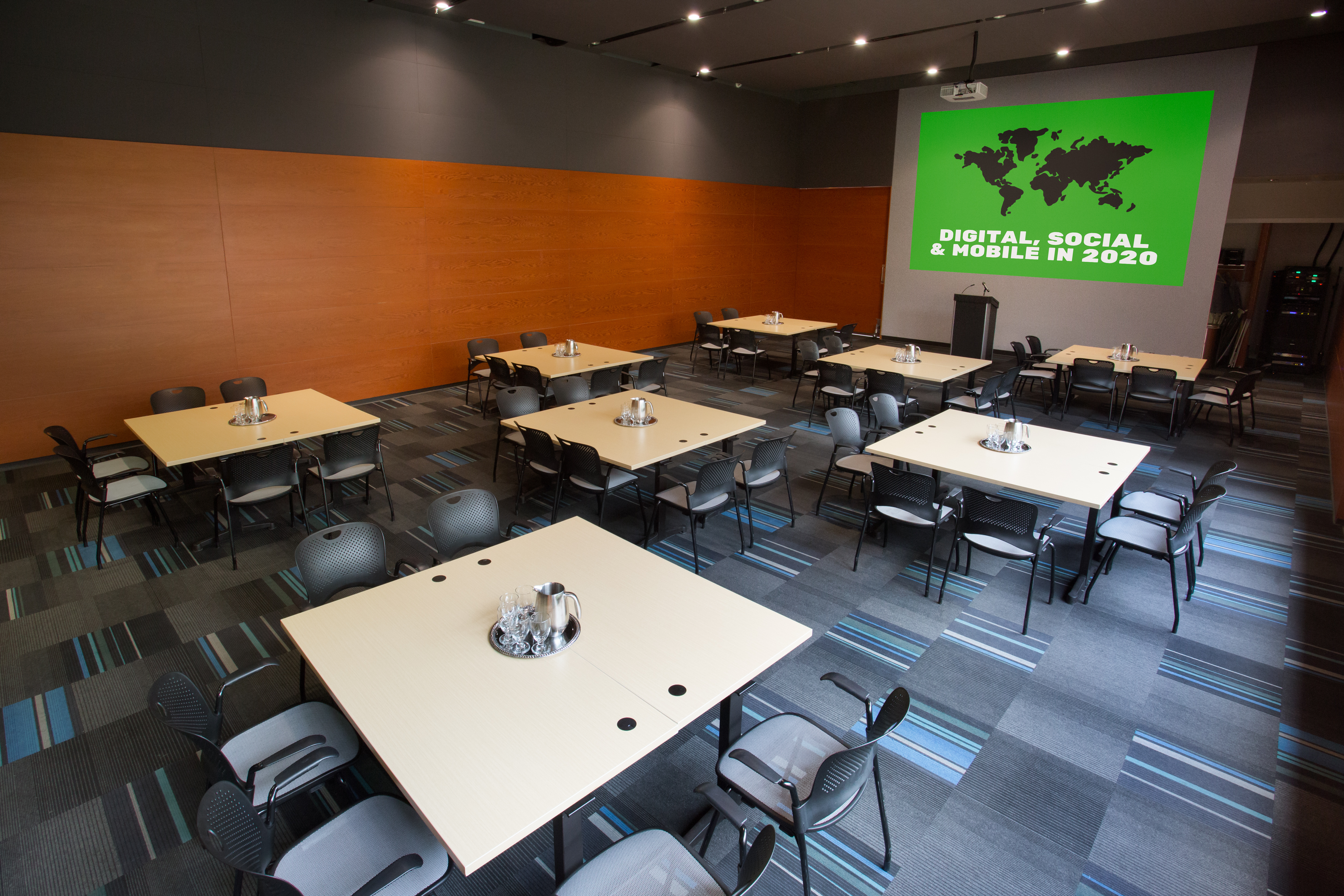Organizing a seminar, conference, brand promotion, or the launch of a product is not a cake walk. In such a situation, paying attention to the minute details is very important to make an impact on the customer or other corporate houses. This article aims to acquaint you with the know-how of planning a corporate event.
The devil resides in details they say, and it is this devil you need to cater to when planning a corporate event. Such an event, unlike an informal event, needs a lot of prior planning and proper execution to avoid losing out on customers. This means, one has to begin ahead of time and get everything in order before the D-day approaches. Well, that is a whole lot of work at hand for the one planning the event to make it a success.
The success of a seminar, conference, or even a customer appreciation day depends on the details. As a planner, the responsibility of making it a memorable event depends wholly on you and your proper execution. These are the following points you need to bear in mind.
1. DECIDE ON THE THEME
The most important point to be taken into consideration when planning an event is to decide on the theme. This just means that you need to first conceptualize your idea. You also need to bear in mind the targeted audience for the particular event. Based on these two main aspects, i.e., the audience and the theme, you need to plan and accordingly execute the corporate event.
2. CROSS-CHECK THE CALENDAR
To make an event successful, ensure you cross-check the calendar to rule out any clashes with other events. For a better turnout for your event, assure that your guests are not preoccupied with another event. Collaborate the event in such a way that it does not hamper your guests’ routine; rather make it convenient for them to remember your event. Take care that it does not clash with a holiday or festive celebration when the turnout for your event is sure to dwindle.
3. VIEW POSSIBLE LOCATIONS
After drawing a rough estimate of the number of people you expect at your event, venture out to hunt for the possible locations. Make it a point to discuss the cost pertaining to room rentals, the number of hours you can have access to it, and the added benefits of the place in question. Do make sure to visit a couple of places and talk to a handful of competitors to get the best deal for the event. Also, see to it that you book the caterers, bartenders, and security beforehand.
4. BOOK THE SPEAKERS
Book your key speakers, guests of honor, and other important people well in advance. Doing this will ensure that you are not let down at the eleventh hour, and your guests are not left hanging in thin air. Besides, those attending the event would benefit from knowing who would be addressing a particular subject, thereby, increasing the turnout if the speaker is well-known.
5. ADVERTISE
Once you have your location and guest list ready, make it a point to advertise your event. Send out the invitations, reach out to your guests and the media if need be, and book them in advance. Getting your audience interested in the event beforehand is of utmost importance to have a good turnout.
6. GET SPONSORS
Sponsors are an important part of any event―they not only fund the event, but are also crucial for the success of the event. Treat your sponsors like royalty, and at the same time, be sure of what you want from them and of what they can expect from the event.
7. DELEGATE RESPONSIBILITIES
It pays to know your resources well, and it will only help you delegate the responsibilities well in advance. Remember, it is always best to have designated people to do respective jobs rather than taking it all on your shoulders. Distribute the work evenly, and keep backups just in case there is a last-minute slag. Most importantly, collaborate the event with them at all times.
8. REGISTRATION
The only means to generate revenue for your event is to set up a registration fee. Ensure you have enough registration forms sent out along with the invitation cards. It will help collect data that’s necessary for marketing and promotional activities after the event. Make sure you have incentives ready for the early birds who register. You can set up a site for online registration to have an idea of the turnout. Giving discounts to those who have participated in earlier events is sure to attract and keep the customer satisfied. If possible, keep a counter at the entrance for last-minute registrations.
9. BADGES
A corporate event requires the attendees to sport badges. Hand out customized badges to everyone who is attending your event. Make sure to keep extra badges just in case you need them on the day of the event.
10. D-DAY MANAGEMENT
A day prior to the event, make sure you have everything in place. You could visit the venue a couple of hours prior to the event and check the sound and light system. Ensure that the arrangements are proper and everything is looked into. Handing out programmed brochures to the guests is sure to make the event seem more organized. Remember, the first impression is sure to leave a lasting impact on your guests. To do this, you would have to ensure that the entry management is efficient and well-organized.
Last but not the least, ensure there are no snags and delays in your event that will put off your guests. Also, remember to place your guests’ safety and satisfaction at the helm of all your efforts. By keeping all these things in mind, you are certain to leave your guests with a smile, which will translate your event into a huge success!
Thanks to Buzzle for “10 Things to Keep In Mind While Planning Your Corporate Event”
